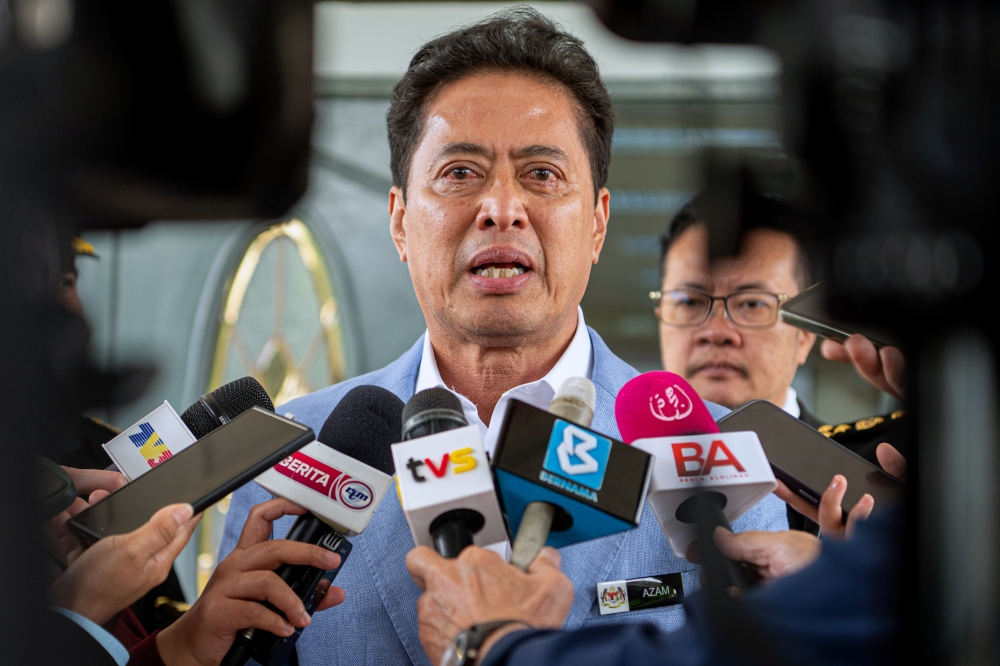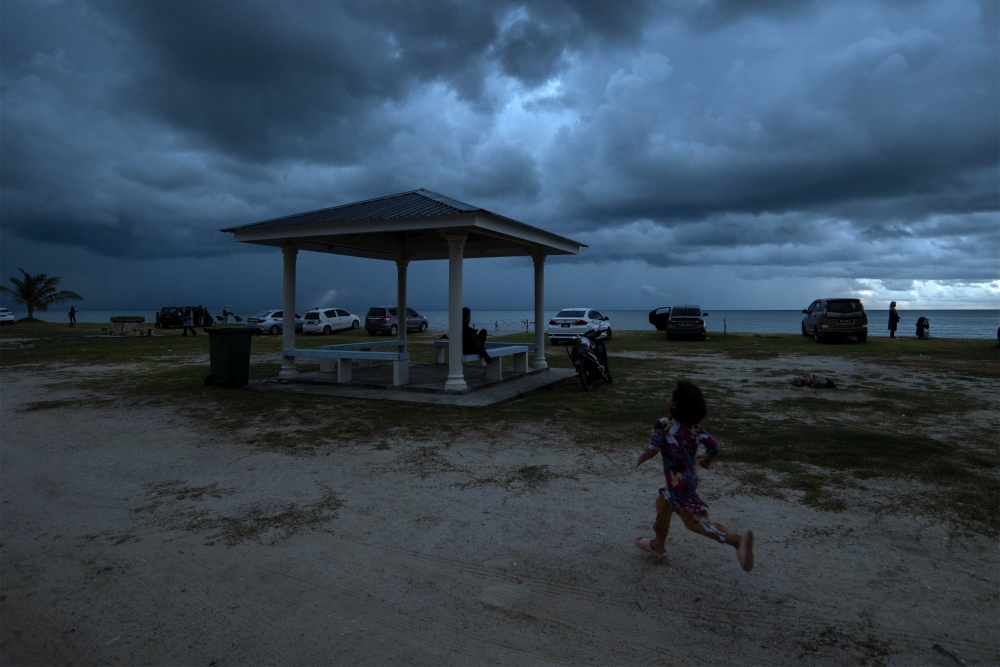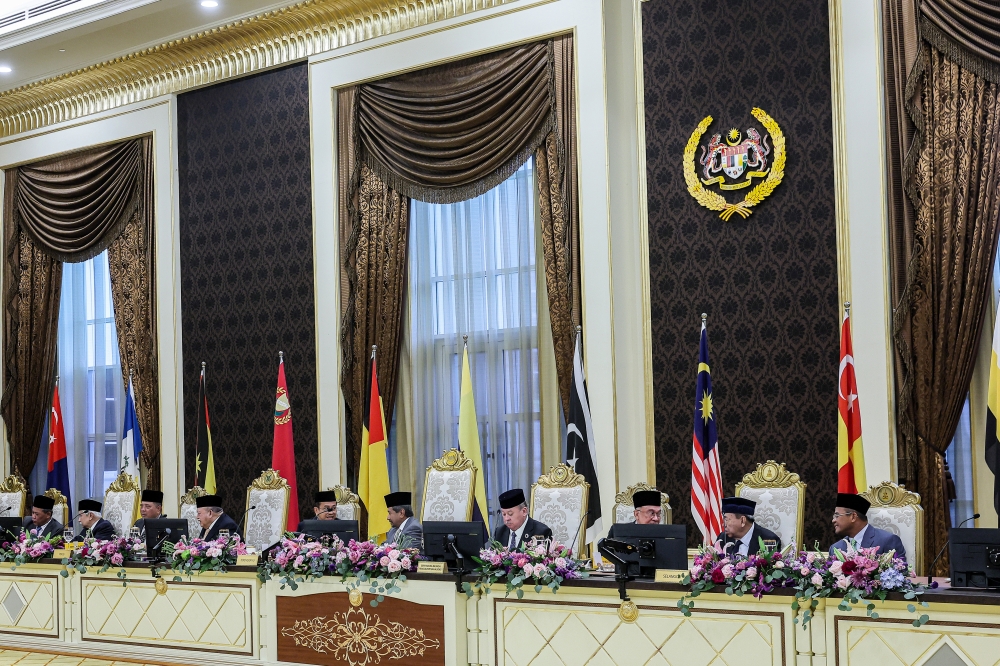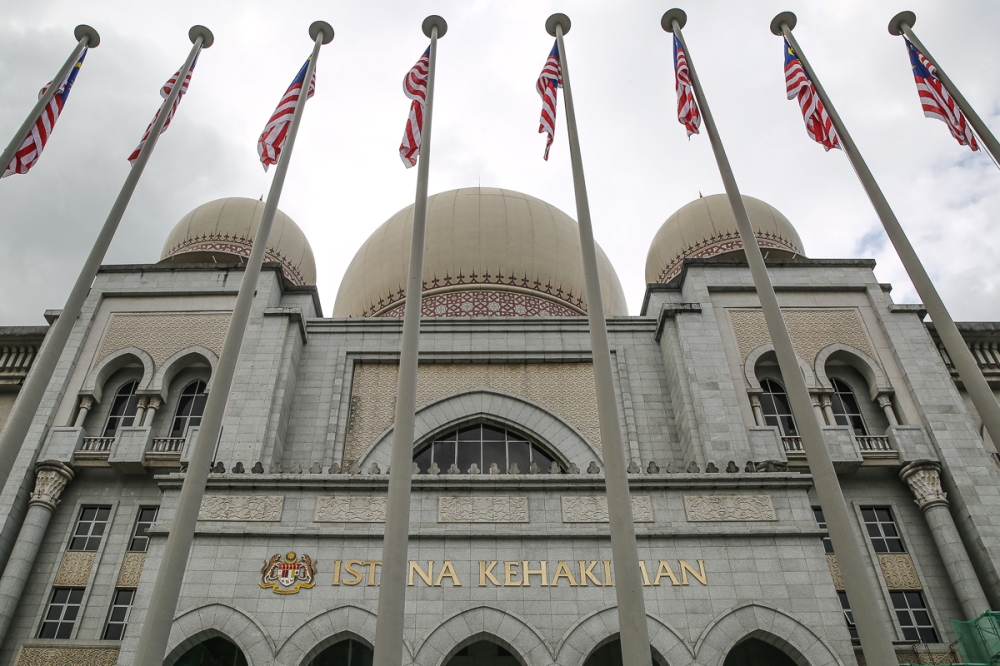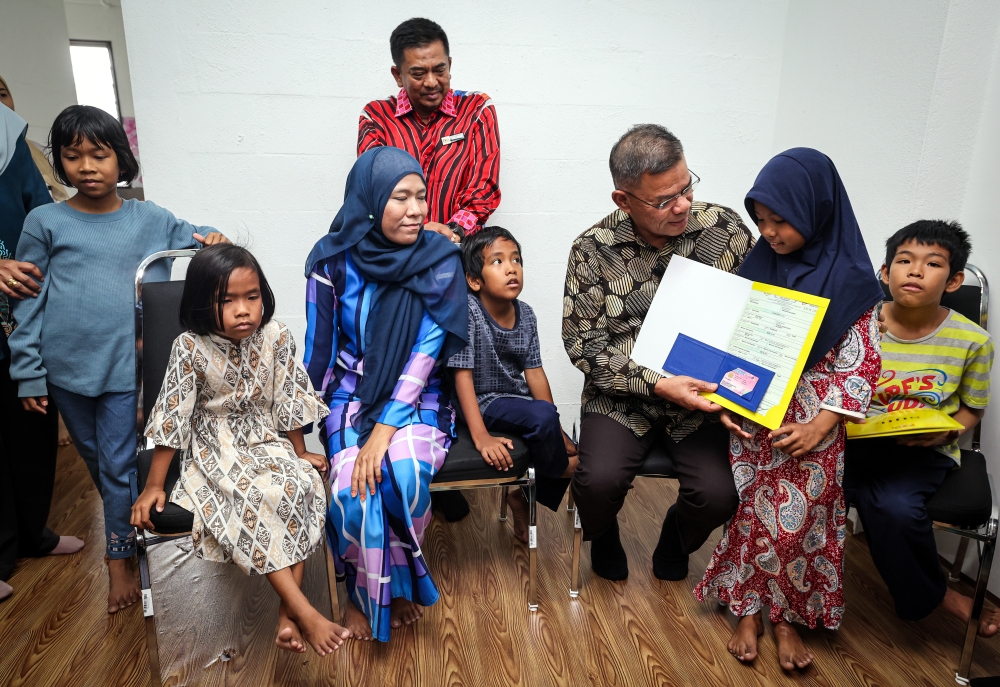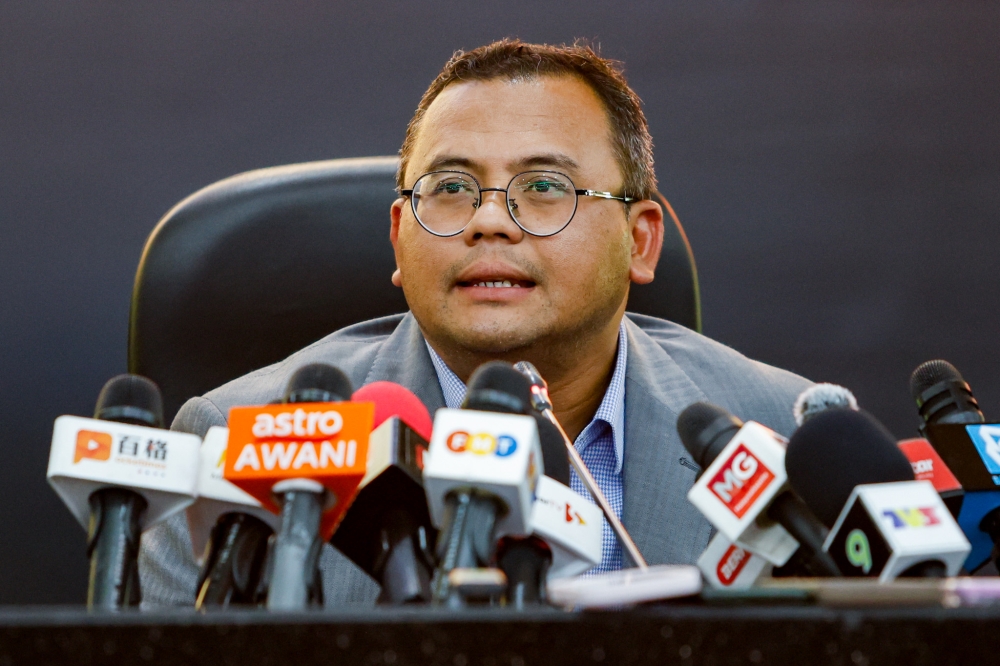KUALA LUMPUR, March 23 — Six years ago, the Federal Court — which is the highest court in Malaysia — declared that it is unconstitutional to convert children’s religion without both parents’ agreement, but about half of the states in the country still have laws enabling unilateral conversion.
In 2018, M. Indira Gandhi of Ipoh successfully challenged her Muslim convert ex-husband’s secret conversion of their three children to Islam without her consent or knowledge.
Earlier this month, Indira returned to the High Court to file a new lawsuit with 13 others — including two women who said they were “victims” of unilateral conversion — to challenge these state laws.
Puzzled about why there is a new lawsuit when there is already the 2018 decision? Here’s what lawyers said about the current situation in Malaysia on laws involving the religious conversion of children:
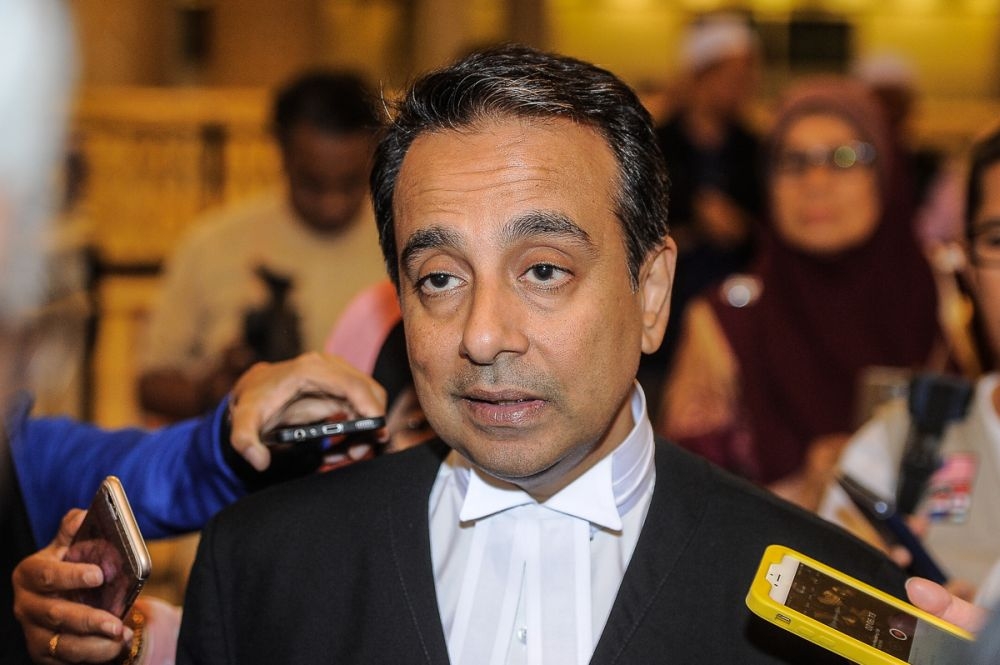
Lawyer Datuk Malik Imtiaz Sarwar said he understands Indira’s new lawsuit to be a “public interest claim to challenge legislation that allows for unilateral conversion.”
He said the Federal Court’s 2018 decision is still the legal position in Malaysia now, as the courts have yet to depart from this final ruling.
Imtiaz said this means that “any law which allows for unilateral conversion is in contravention of Article 12(4) and is unconstitutional”.
“Laws that provide otherwise can be struck down for being unconstitutional. They are laws made by legislative bodies whose lawmaking power is circumscribed by the Constitution. This is made clear by Article 4(1) which states that any law ‘which is inconsistent with this Constitution shall, to the extent of the inconsistency, be void’,” he said.
Imtiaz said state governments have not changed state laws that allow unilateral conversion, despite the Federal Court’s 2018 decision saying that such practice is unconstitutional.
“One would have thought that with the Indira Gandhi decision, the relevant authorities would have taken steps to ensure that, moving forward, they would ensure that where minors are concerned, the consent of both parents is obtained.
“Law that provides otherwise would have to be amended so as to ensure consistency with Article 12(4). This is reasonably expected under any notion of good governance,” he said.
“Unfortunately, this does not appear to have been the case. It seems that the authorities take the position that until and unless laws that allow for unilateral conversion are struck down by the courts as being unconstitutional, they can be applied.
“As such, the authorities continue to rely on state laws that expressly allow for unilateral conversion, or an interpretation of such laws which permits this,” Imtiaz said, referring to state Islamic bodies and state governments generally.
State Islamic bodies in Malaysia have been seen to continue to argue that unilateral conversions are valid and legal, by citing those state laws which have not been amended.
This was seen most recently in a High Court hearing this week where Perlis state Islamic religious bodies insisted that Hindu mother Loh Siew Hong’s three children were validly converted to Islam without her consent because a Perlis state law allows unilateral conversion.
“Having said that, laws are not automatically unconstitutional, they have to be declared such by a court. This seems to be why Indira Gandhi and the others have filed their public interest claim; to ensure that such laws are brought into accord with Article 12(4),” he said.
Generally, constitutional challenges against laws can be on whether the laws’ content are themselves unconstitutional, or whether they are unconstitutional because Parliament or state legislative assemblies actually lacked the power to make those laws.
Imtiaz said the Federal Court had made it clear in two previous decisions — the SIS Forum case in 2022 where Selangor was declared to lack power to make a state Islamic law and a case in 2021 where a Selangor state Islamic law was declared unconstitutional — that the civil courts are the ones with the power to decide on challenges on the constitutionality of laws.
“Only the High Court has jurisdiction over such claims/challenges (or the Federal Court, where the issue is whether the legislative body in question has the necessary power to enact a law). This is notwithstanding such laws providing for matters relating to the administration of Islam.
“Only the civil courts have the power to provide for such constitutional review. The Federal Court made this clear in SIS Forum and, indirectly, in Iki Putra (where an Islamic enactment provision was struck down),” Imtiaz said, referring to the 2022 and 2021 court decisions.
Among other things, the Federal Court had in the SIS Forum case cited Article 4(1) which invalidates any laws contradicting the Federal Constitution, and said this means the civil courts — as the final interpreter of the Federal Constitution — is the only body capable of deciding whether laws are constitutionally valid.

Family lawyer Tay Kit Hoo said in the 2018 ruling, the Federal Court interpreted “Article 12(4) of the Federal Constitution to mean that the religion of a person under the age of eighteen years shall be decided by both her parents”.
The Federal Court had said both parents — if they are still alive — must consent before their child from a non-Muslim marriage can be converted to Islam.
“It is clear that there can be no unilateral conversion of minors,” Tay told Malay Mail.
He said the 2018 decision has been fortified in many other court cases, particularly in a case involving a Buddhist father’s successful challenge against his children’s unilateral conversion to Islam.
He cited an excerpt from the Court of Appeal’s 2021 decision in that case (Pendaftar Muallaf Wilayah Persekutuan v LCY & Ors & Another Appeal [2021] 1 LNS 2079).
The Court of Appeal there said the Federal Court’s 2018 decision that both parents’ consent are required before a child can be converted to Islam is ratio decidendi — or the part of the court decision that will be a precedent binding all other courts in future cases.
“While a Federal Court decision may be set aside, this scenario is highly unlikely given the doctrine of stare decisis,” Tay said, adding that this legal principle of stare decisis or binding precedent would require all future court decisions to be consistent with the Federal Court’s 2018 decision, in the “interests of finality and certainty in the law.”
He said the Federal Court’s 2018 decision had settled the issue of unilateral conversion, adding that several attempts were made in the past to persuade the Federal Court to depart from that decision but were all “unsuccessful.”
As the Federal Court had in the 2018 decision interpreted Article 12(4) as disallowing unilateral conversion, Tay said each state Islamic law which allows unilateral conversion which may now be inconsistent with the Federal Constitution “must be specifically and separately declared void.”
He said state Islamic laws will still have to be consistent with the Federal Constitution, just like any other state laws: “For this purpose, state Islamic laws are treated the same way as state laws.”
But to ensure there are no state laws that are inconsistent with the Federal Constitution, there will either have to be a challenge filed in court or efforts made to amend the law through a Bill.
“For an amendment of the laws, it is the ‘job’ of the legislative and/or executive bodies. These are not automatic processes, and will follow the due process of filing a suit or tabling a Bill etc. respectively,” he said, adding however that it takes political will and time for such Bills to be tabled and passed.
The state laws allowing unilateral conversion would continue to be valid until they are declared void for being unconstitutional, he said.
As for what would happen to unilateral conversion cases in those states if those state laws are later declared void, Tay said this would depend on the facts of each case: “Each unilateral conversion case will have to have their validity considered separately.”
Summary
The latest legal position in Malaysia now is the Federal Court’s 2018 decision, which says the Federal Constitution does not allow unilateral conversion. Every law in Malaysia — including state laws (even state laws that touch on Islamic matters) — must comply with the Federal Constitution.
The relevant state governments could have updated their state laws to stop the unilateral conversion of children to be Muslims, but did not do so.
The other option is to ask the courts to declare these state laws’ provisions — which allow unilateral conversion — to be unconstitutional and illegal, so that these state laws cannot be applied or enforced anymore.
In a situation where state laws allowing unilateral conversions still exist and are not amended by state governments to become consistent with the Federal Constitution, court challenges would have to be filed to declare such state laws as unconstitutional.
There is now such a lawsuit by Indira to challenge the eight laws enabling unilateral conversion of children to Islam in Perlis, Kedah, Melaka, Negri Sembilan, Pahang, Perak, Johor and the federal territories. There are 13 others who had filed the lawsuit together with Indira, including residents in all the seven states and Kuala Lumpur whose laws are being challenged.
The case is scheduled for case management on April 5.





